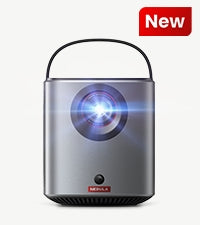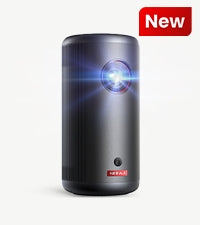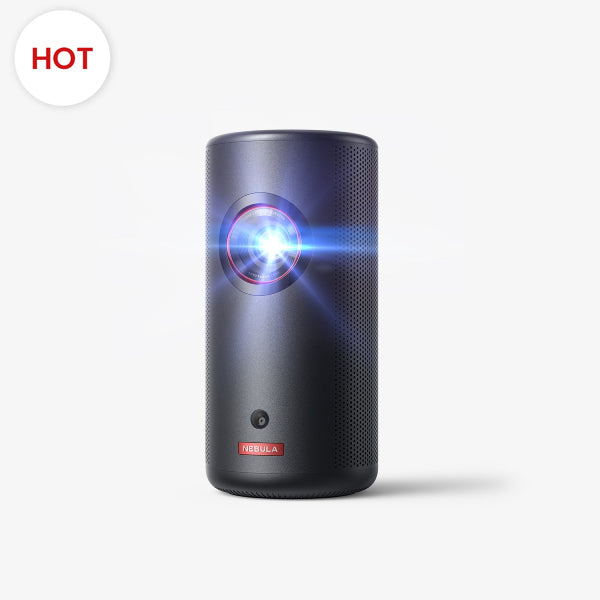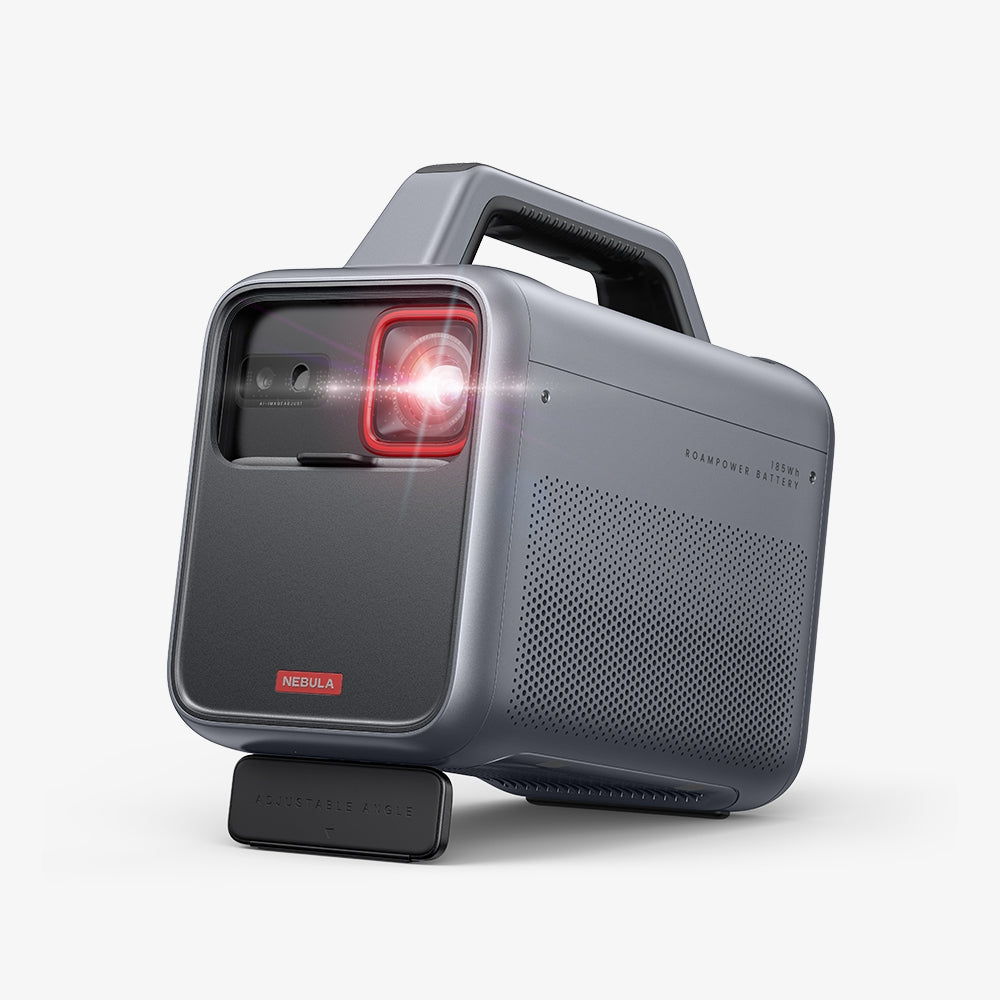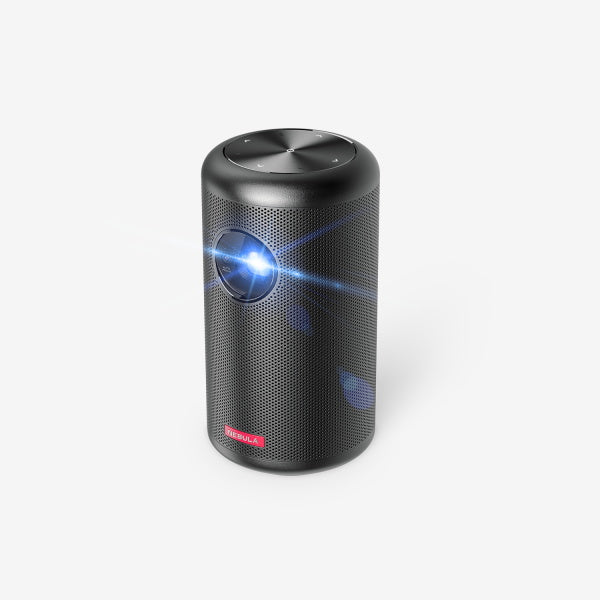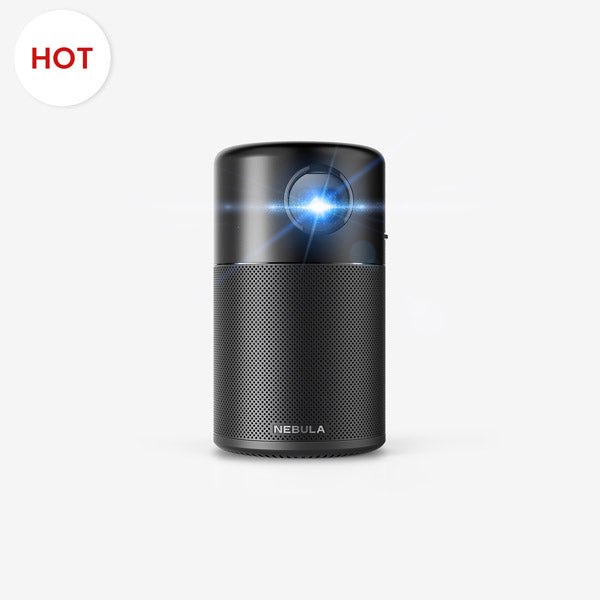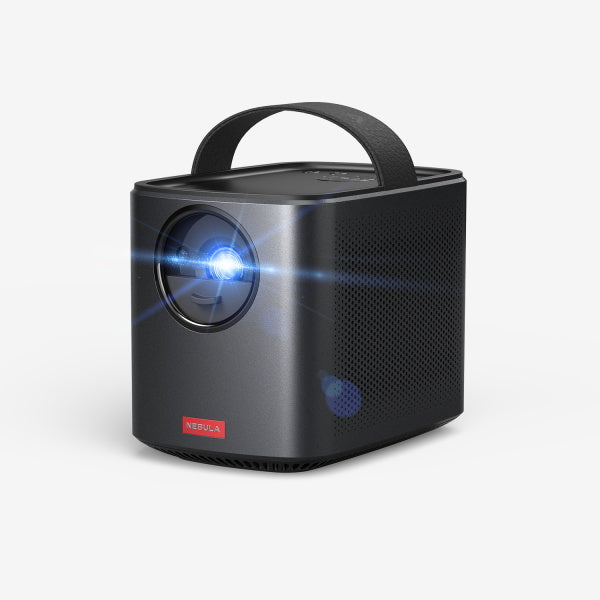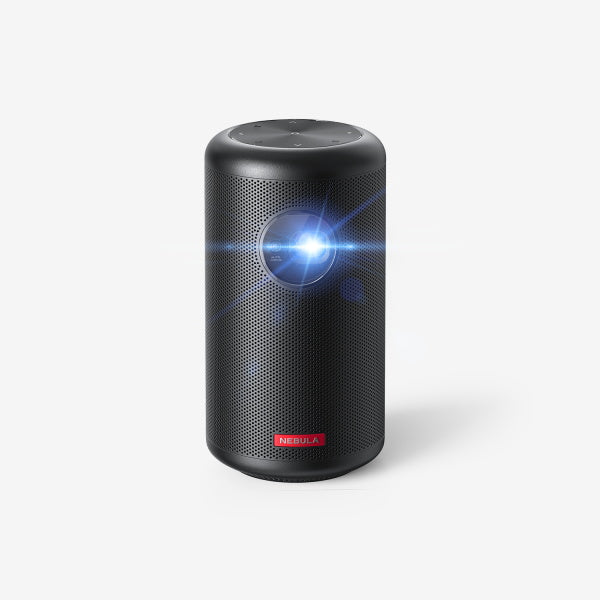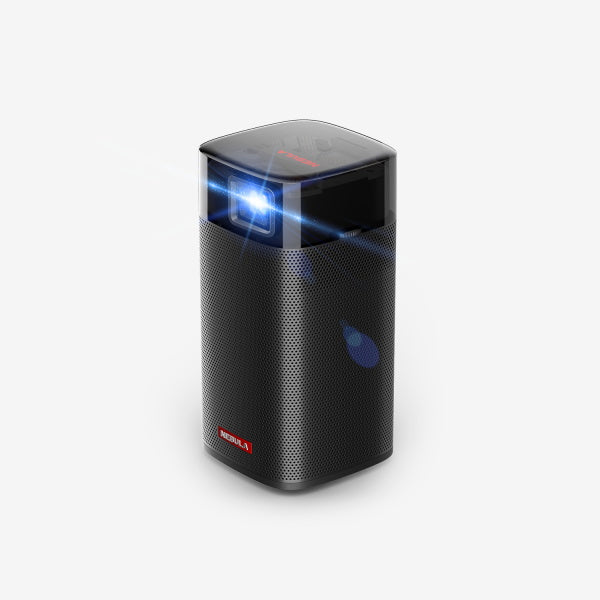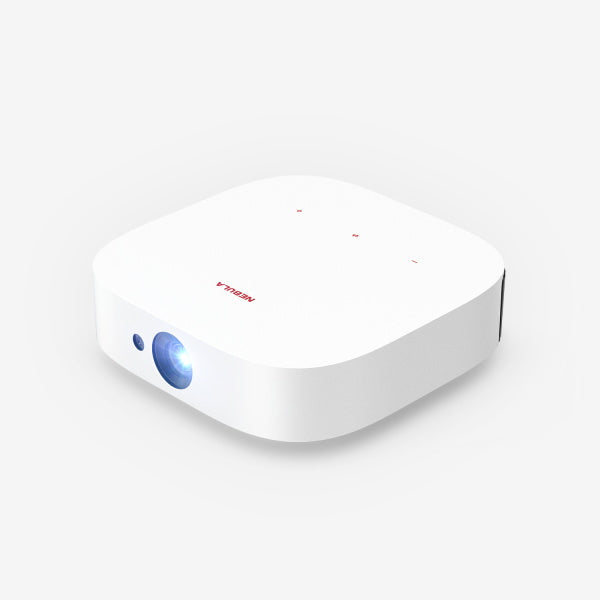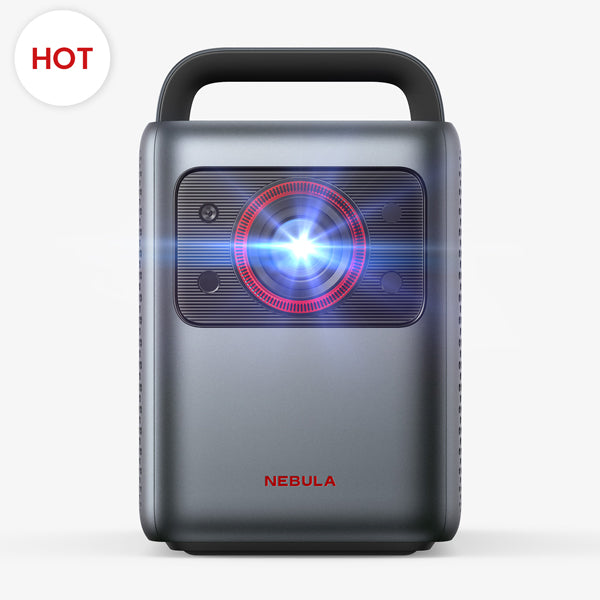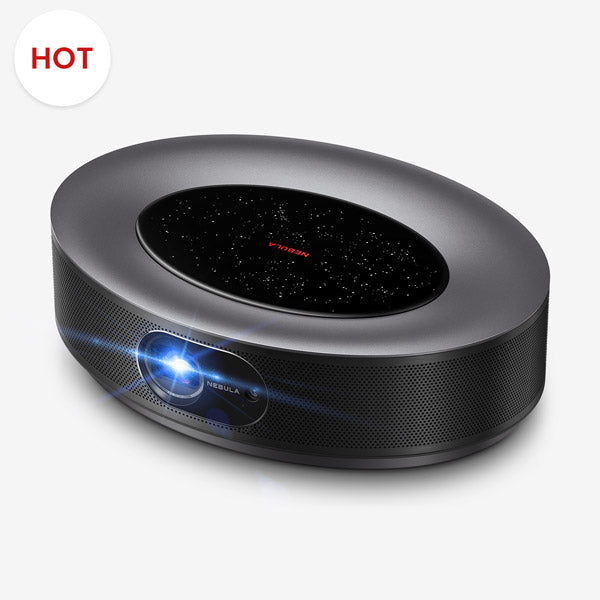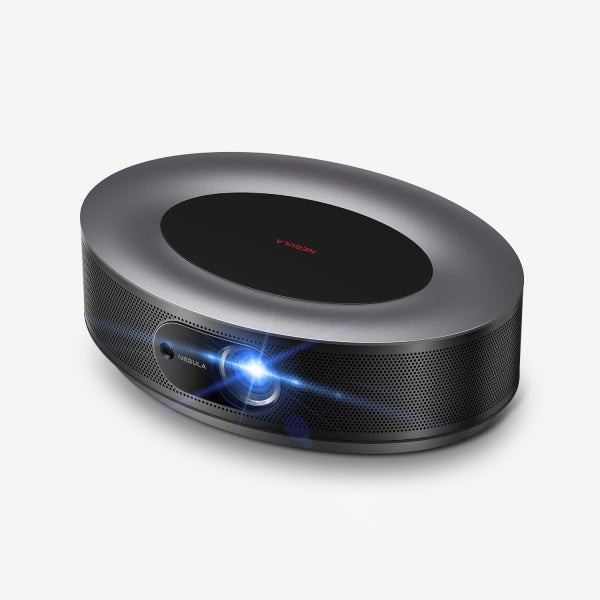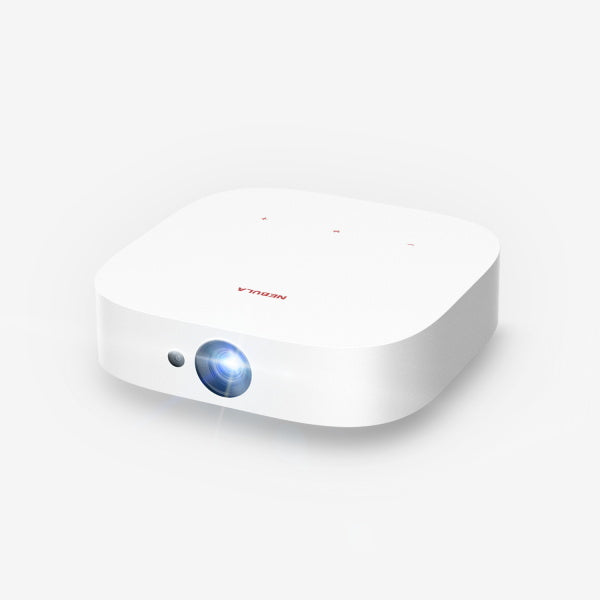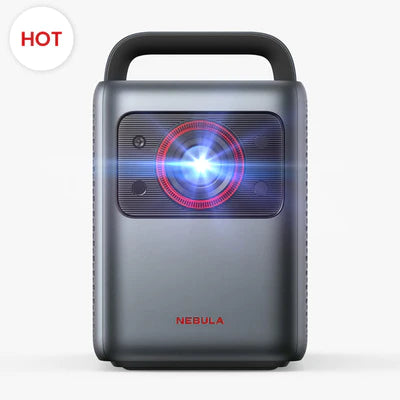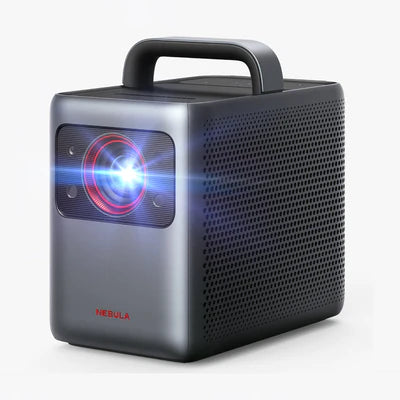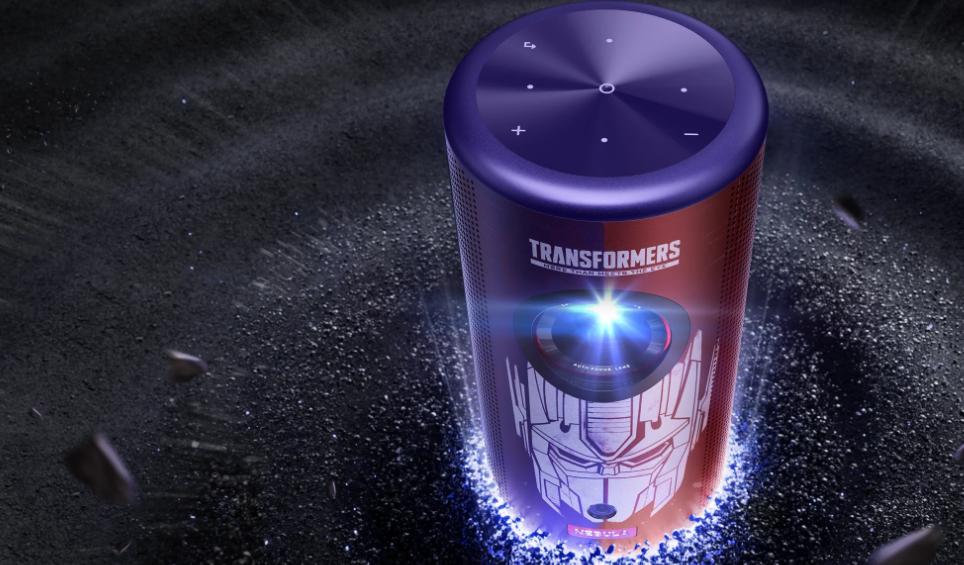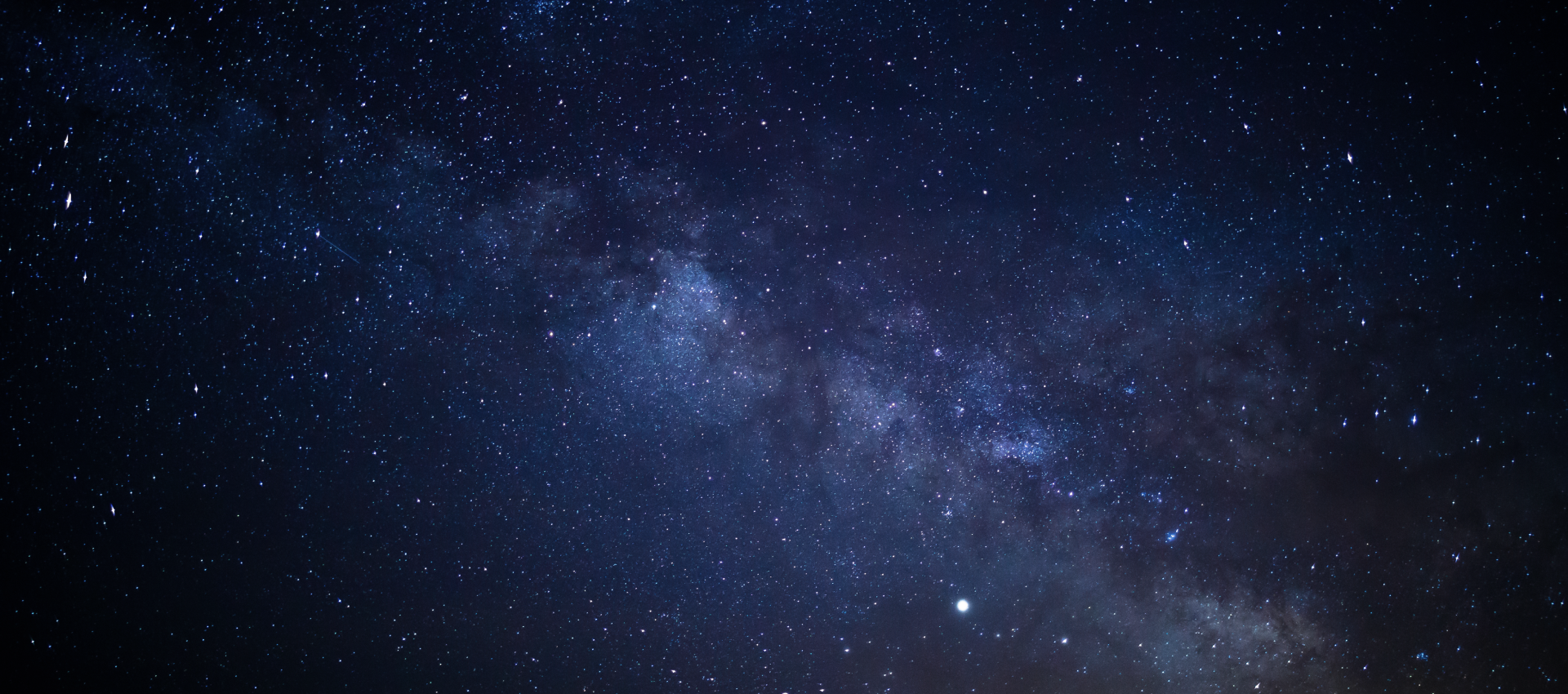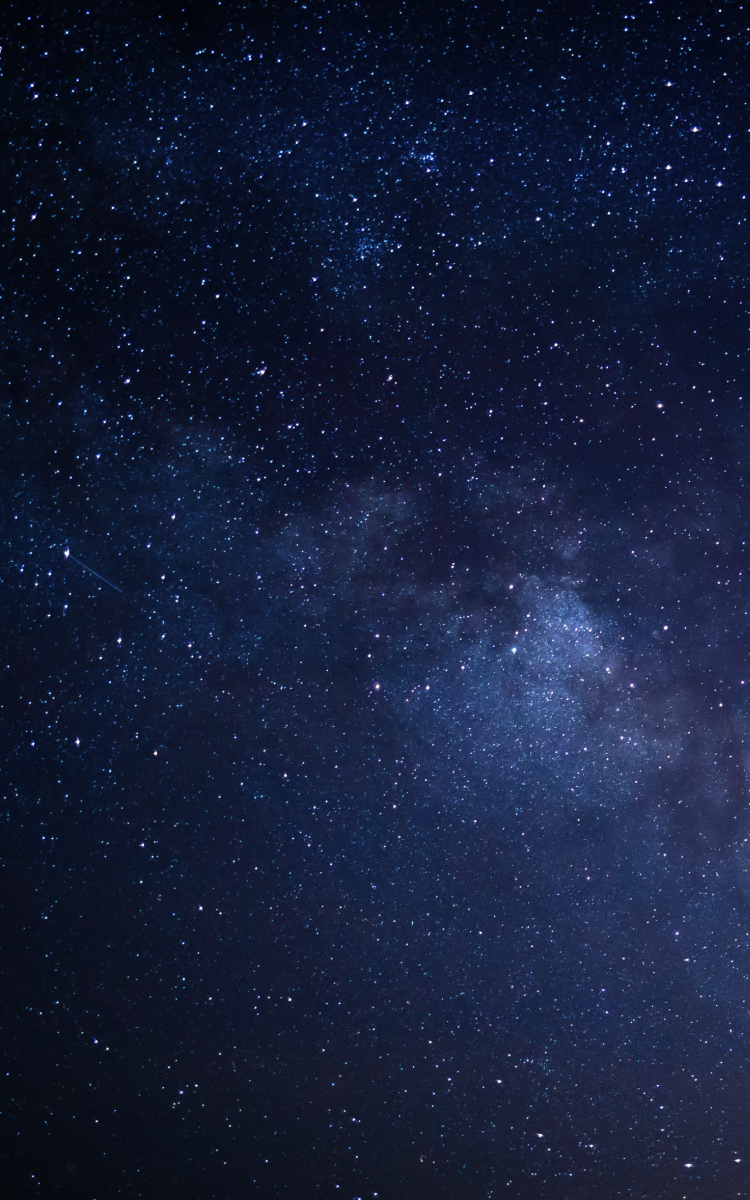Are you always trying to get your projector to work properly but keep running into problems with "Why is my projector lagging?" There are a number of reasons why your projector may be experiencing lag, and understanding these underlying issues can help lead you on the path towards fixing it. In this blog post, we'll discuss common causes that lead to projector lagging, as well as helpful tips on how to fix projector lag and prevent it from happening in the future so you don't encounter any interruptions during presentations or screenings. Keep reading if you want to find out how you can get your projector back up and running without facing frustrating lags!
Why Is My Projector Lagging?
Projector lag usually refers to the delay between the time you input a command or signal (for example, pressing a button on a remote control or a gaming controller) and the moment that action is displayed on the projector screen. It can be a frustrating issue when you're trying to enjoy a movie, give a presentation, or play games on your projector. Several factors can contribute to projector lag, and understanding them is crucial to resolving the problem.
1. Input Lag
Do projectors have input lag? Yes, projectors can indeed exhibit input lag, which is a fundamental factor contributing to overall projector lag. It occurs due to the time it takes for your projector to process the incoming signal and display it on the screen. Common causes of input lag include:
- Slow Processor: Projectors with less powerful processors may struggle to process signals quickly, resulting in noticeable input lag.
- High-Resolution Content: Playing high-definition or 4K content on a projector with limited processing power can lead to input lag.
- Content Source: The performance of the device connected to the projector, such as a gaming console or computer, can impact input lag. Older or slower source devices may introduce delays.
- Cable Quality: The quality of the cable connecting your source device to the projector matters. Low-quality cables can lead to signal degradation and increased input lag.
2. Sound Delay
Sound delay is another common issue associated with projector lag. When the audio is out of sync with the video, it can be highly frustrating. Sound delay can occur due to:
- Signal Processing: Like video, audio signals also undergo processing within the projector. If the audio processing lags behind the video processing, you'll experience sound delay.
- Audio Settings: Incorrect audio settings on the projector or the source device can lead to synchronization problems. Ensuring the correct audio settings can help address sound delay.
- Wireless Audio Transmission: When using wireless audio systems, interference or network issues can cause sound delay. Ensure that your audio transmission is stable and interference-free.
3. Projector Shuttering
Projector shuttering, or stuttering, occurs when the projector's image display is not smooth and experiences interruptions. This can result from various factors:
- Low Refresh Rate: A low projector refresh rate can lead to a stuttering display, especially when showing fast-moving content like video games or sports.
- Connection Problems: Poor cable connections or wireless interference can disrupt the smooth flow of video signals, causing the projector to stutter.
- Software or Firmware Issues: Outdated or incompatible software or firmware can lead to projector shuttering. Regular updates can help resolve these issues.
Understanding the reasons for projector lag is the first step towards addressing the problem. Now, let's explore how to fix projector lag.
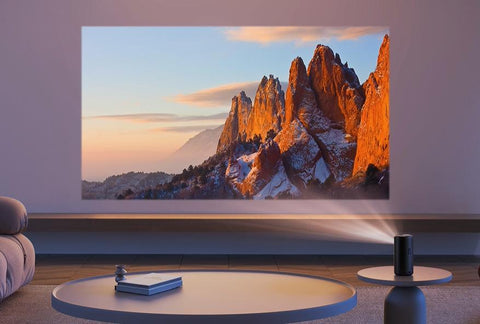
How to Fix Projector Lag
Projector lag can be frustrating, but with the right solutions, you can improve the performance of your projector.
1. How to Fix Input Lag on Projector
- Gaming Mode: If your projector has a gaming mode, enable it to reduce projector gaming lag.
- Quality Cables: Use high-quality HDMI or video cables to ensure a stable and quick connection between your source device and the projector.
- Optimize Source Device: Adjust the settings on your gaming console, computer, or other source devices to reduce input lag. Activate features like Game Mode if available.
- Upgrade Hardware: Consider upgrading to a more powerful projector if your current one struggles with input lag, especially when displaying high-resolution content.
2. How to Fix Sound Delay on Projector
- Audio Synchronization: Check and adjust the audio synchronization settings on your projector and source device to align the sound with the video.
- Wired Audio: Whenever possible, use wired audio connections, as they are less susceptible to delay compared to wireless options.
- Update Firmware: Ensure your projector's firmware is up-to-date, as manufacturers often release updates that can improve audio synchronization.
3. How to Fix Projector Shuttering on Projector
- Increase Refresh Rate: If your projector allows it, increase the refresh rate to ensure smoother video playback, especially for fast-moving content.
- Check Connections: Examine all cable connections and ensure they are secure. For wireless connections, reduce interference and improve signal strength.
- Firmware Updates: Keep your projector's firmware and software updated to resolve potential software-related shuttering issues.
Now that we've addressed how to fix projector lag, let's explore how to prevent it from occurring in the first place.
How to Keep a Projector From Lagging
Prevention is often the best solution. To keep your projector from lagging, follow these best practices:
- Invest in a High-Quality Projector:Choosing a gaming projector with robust hardware and features designed to minimize projector lag times is a proactive approach to prevent lag issues.
- Regular Maintenance:Keep your projector clean and well-ventilated to prevent overheating, which can lead to performance issues.
- Optimal Placement:Position your projector correctly, following the manufacturer's recommendations for distance and angle to ensure the best image quality.
- Calibrate Your Projector:Regularly calibrate your projector and screen to optimize color and image quality, which can reduce the chances of lag occurring.
Best Gaming Projector Low Input Lag: Nebula Capsule 3 Laser Projector Transformers Special Edition

When it comes to gaming, a projector with low input lag and exceptional performance can take your gaming experience to a whole new level. The Nebula Capsule 3 Laser Projector Transformers Special Edition is a standout choice in the world of gaming projectors, offering an array of features that cater to both casual and hardcore gamers. Laser projector input lag is a non-issue with this projector. Let's take a closer look at what makes this projector an ideal companion for your gaming adventures:
- Quad-Core Powerful CPU
The Nebula Capsule 3 Laser Projector Transformers Special Edition features a powerful Quad-Core ARM Cortex-A55 CPU, further enhancing its performance and responsiveness for an optimal gaming experience. This robust CPU ensures swift processing of gaming content, reducing input lag and delivering smooth gameplay. Whether you're exploring vast virtual worlds, engaging in high-speed action, or enjoying the latest titles, the Quad-Core CPU plays a pivotal role in providing a seamless gaming experience.
- Lightweight and Portable
One of the standout features of the Nebula Capsule 3 is its remarkable portability. Weighing in at just 2.1 pounds (950 grams), it's incredibly easy to carry. Whether you want to game in your living room, take it to a friend's house, or even enjoy gaming outdoors, the Nebula Capsule 3 is designed for on-the-go gaming, providing flexibility and convenience.
- 52Wh Built-In Battery
With a built-in 52Wh battery, you're not tethered to a power source. This means you can set up your gaming station wherever you like, without worrying about finding an outlet nearby. This feature is especially valuable for outdoor gaming sessions or when you want to switch up your gaming location.
- Watch or Play with Android TV 11.0
The Nebula Capsule 3 runs on Android TV 11.0, which brings a wealth of gaming and entertainment options to your fingertips. Access a wide range of gaming apps, streaming services, and content right from your projector. With the power of Android TV, you can enjoy gaming, movies, and shows on a big screen with ease.
- Hi-Fi Cinematic Sound, 8W Dolby Digital Speaker
A truly immersive gaming experience doesn't stop at visuals. The Nebula Capsule 3 excels in audio as well, thanks to its 8W Dolby Digital speaker. Immerse yourself in the rich, high-quality sound that complements your gaming adventures, adding depth and dimension to your gameplay.
Laser projector input lag is a non-issue with this projector. Whether you're a competitive gamer or simply looking to enjoy your favorite titles on a larger screen, this projector is tailor-made for an exceptional gaming experience.
Conclusion
Projector lag can be a frustrating issue, but with the right approach, you can address and prevent it. Whether you're a movie enthusiast or a hardcore gamer, a lag-free projector is essential for an enjoyable experience. By understanding the reasons why is my projector lagging and implementing the solutions we've discussed, you can ensure your projector delivers the best performance possible.
FAQ
Are DLP Projectors Better Than LCD Projectors for Gaming?
The choice between DLP (Digital Light Processing) and LCD (Liquid Crystal Display) projectors depends on your specific gaming needs. DLP projectors generally offer faster response times, making them suitable for gaming, especially in fast-paced genres. However, LCD projectors have their advantages in terms of image quality and color accuracy. It's essential to research and compare projectors to find the one that best meets your gaming preferences.
Is There a Way to Measure Input Lag?
Yes, you can measure input lag using various methods and tools. One common method involves using a high-speed camera to capture the time it takes for a displayed image to change in response to a button press on your gaming controller or keyboard. There are also input lag testing tools and software available that can provide more accurate measurements. Keep in mind that different testing methods may yield slightly different results, so it's a good practice to use multiple methods for a more comprehensive evaluation.
What Is the Average Input Lag for a Projector?
The average input lag for a projector can vary widely depending on the model and manufacturer. Entry-level projectors may have input lag in the range of 30-50 milliseconds, while high-end gaming projectors aim for input lag below 15 milliseconds. When choosing a projector for gaming, it's essential to consider input lag as a crucial factor and aim for a model with the lowest input lag within your budget.








